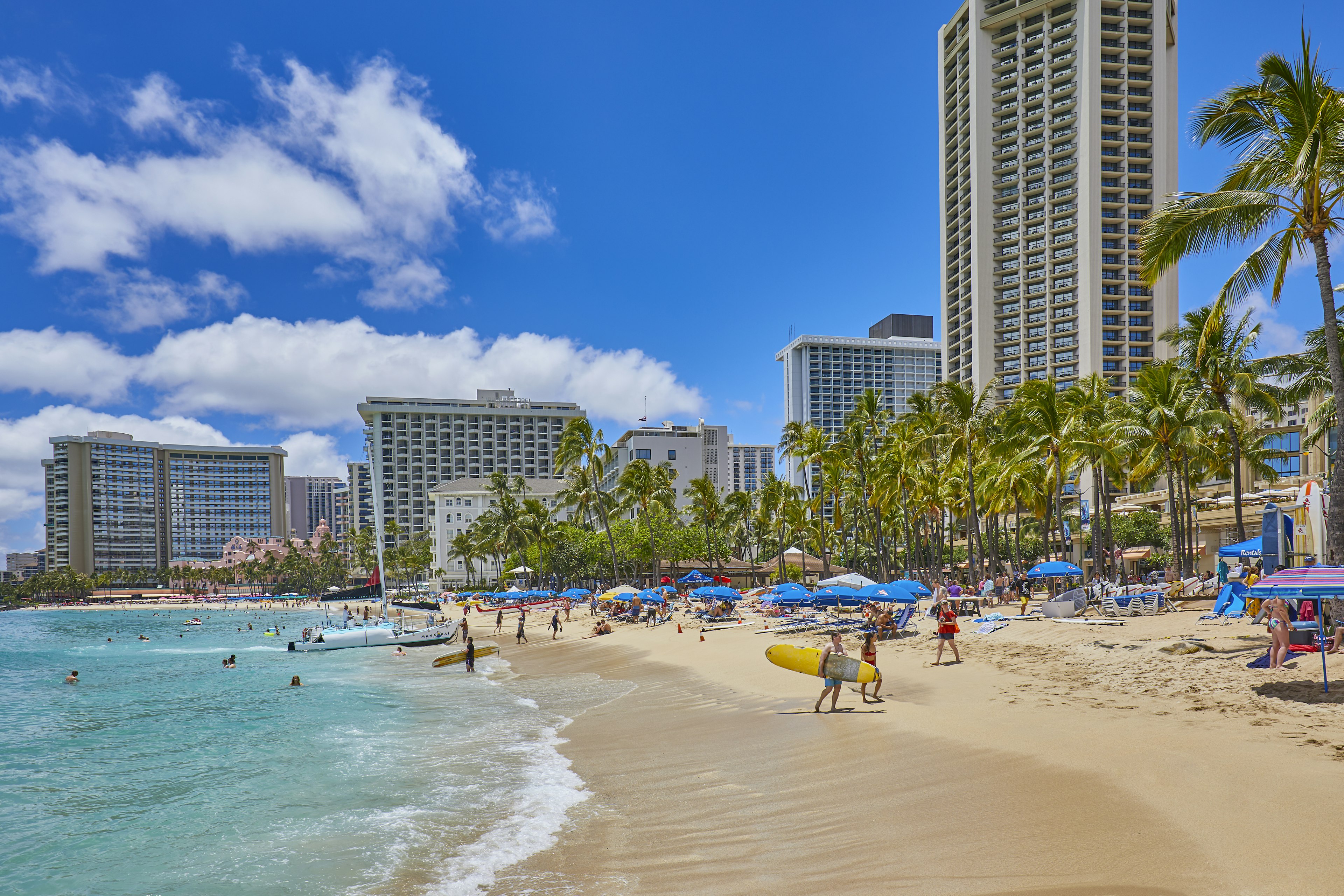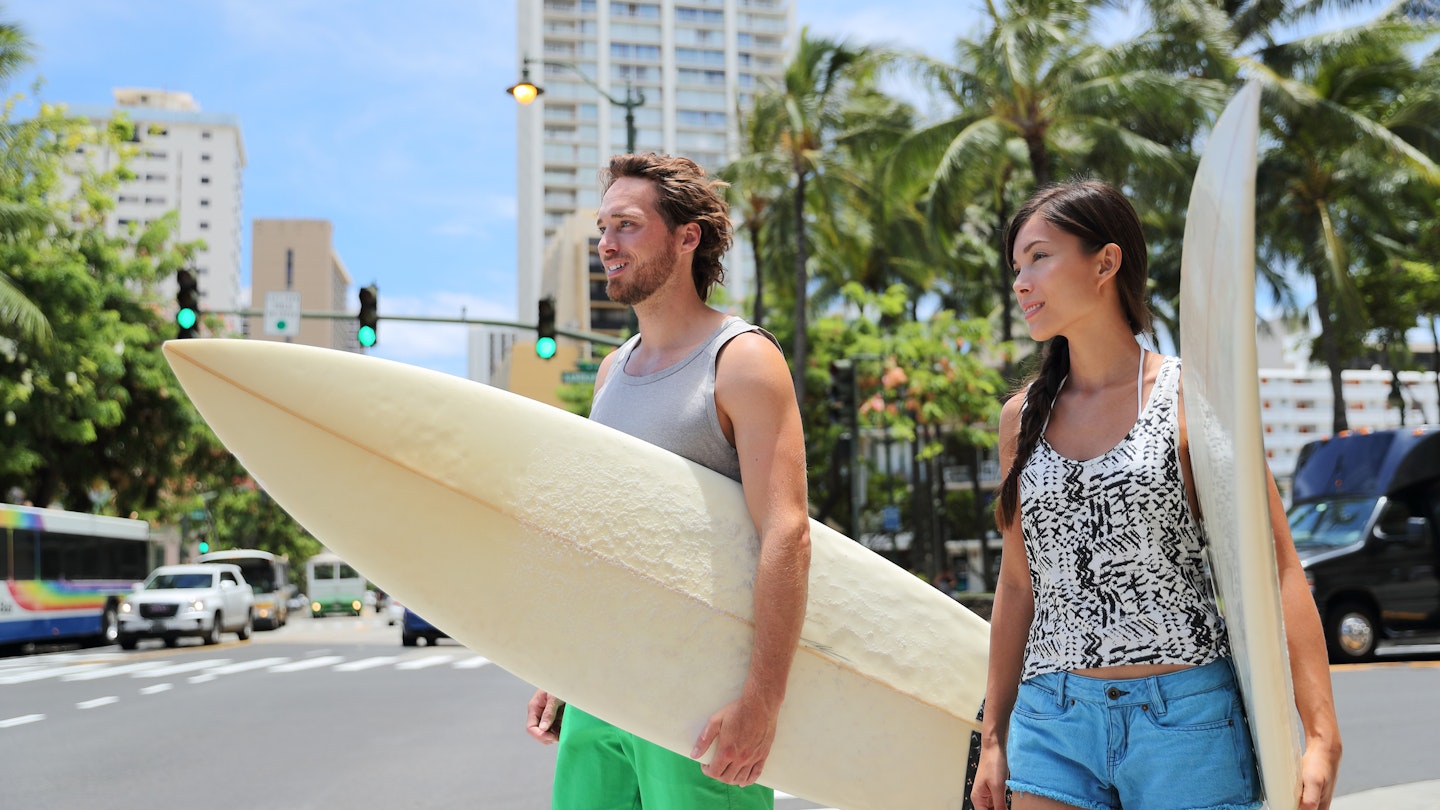New Short-Term Rental Law in Honolulu: 90-Day Minimum Stay
Honolulu mayor Rick Blangiardi has signed a bill into law that mandates a 90-day minimum stay for short-term rental accommodations outside resort areas in O’ahu.
Overview of the New Law
The bill, which changes the minimum booking requirement for short-term rentals in residential areas from 30 to 90 days, was signed on Wednesday (April 27) and will take effect on October 23.
Blangiardi stated, “This bill is about getting our neighborhoods back, protecting local communities and preserving our natural resources for decades to come.”
Impact on Travelers and Local Communities
Travelers wishing to immerse themselves in local culture by renting an apartment or house in a residential area may need to reconsider and opt for traditional hotel accommodations instead.
With the ongoing issues of overtourism in Hawaii, including rising rental costs, proponents of the bill believe it will enhance housing availability for long-term rentals. This adjustment aims to alleviate the housing crisis on an island where affordable apartments are scarce while also reducing transient occupancy.
Community Responses

In an interview, Dean Uchida, Director of Honolulu’s Department of Planning and Permitting (DPP), noted the desire to restore “some sanity” to residential neighborhoods, emphasizing the appreciation among residents during times prior to vacation rentals’ proliferation.
Exceptions and Limitations
While rentals under 90 days will be prohibited in residential areas, they will still be allowed in resort areas such as Waikiki and Turtle Bay, among others.
Local housing groups, like Keep It Kailua, have expressed support for the bill, citing concerns about the disruptive effects of short-term rentals on neighborhoods and the exacerbation of the housing crisis. They emphasize the necessity of prioritizing local families in housing matters.
Concerns and Opposition

Nonetheless, there are dissenting opinions regarding the law’s implications. Opponents argue that the restriction could negatively impact essential services that rely on short-term rentals, such as the local surfing industry during competition times. Concerns were raised about the practicality of requiring a 90-day stay for those needing temporary housing.
Moreover, some stakeholders, including Airbnb, have suggested exceptions for specific groups like medical workers and disaster relief personnel, who may need short-term accommodations.
Conclusion
Despite the pushback, the council voted overwhelmingly in favor of the bill, prioritizing community well-being over potential economic benefits associated with increased tourism in residential areas. The new law is set to take effect on October 23, instituting significant changes to short-term rental practices in Honolulu.




